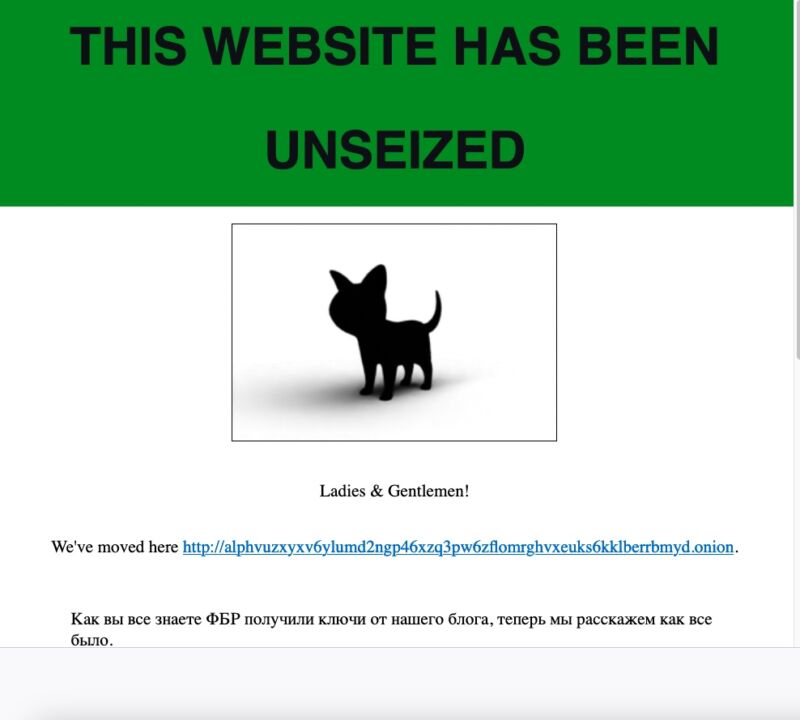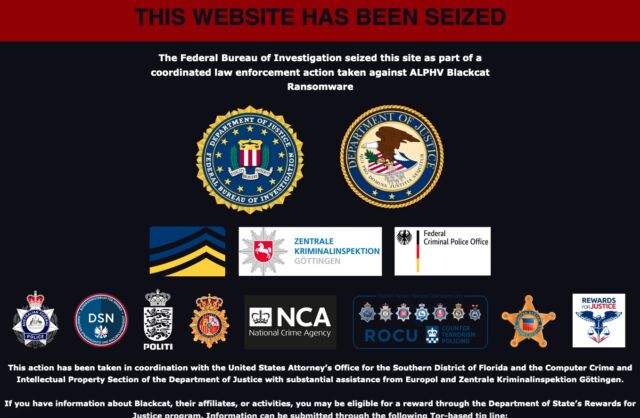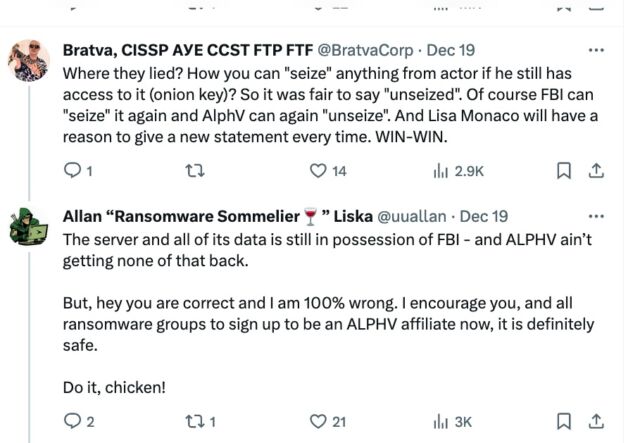eBay hit with $3M fine, admits to “terrorizing innocent people”
“Never-ending nightmare” —
eBay must pay maximum fine for putting Massachusetts couple “through pure hell.”

eBay has agreed to pay $3 million—the maximum criminal penalty possible—after employees harassed, intimidated, and stalked a Massachusetts couple in retaliation for their critical reporting of the online marketplace in 2019.
“Today’s settlement holds eBay criminally and financially responsible for emotionally, psychologically, and physically terrorizing the publishers of an online newsletter out of fear that bad publicity would adversely impact their Fortune 500 company,” Jodi Cohen, the special agent in charge of the Federal Bureau of Investigation Boston Division, said in a Justice Department press release Thursday.
eBay’s harassment campaign against the couple, David and Ina Steiner, stretched for 18 days in August 2019 and was led by the company’s former senior director of safety and security, Jim Baugh. It started when then-CEO Devin Wenig and then-chief communications officer Steven Wymer decided to “take down” the Steiners after growing frustrated with their coverage of eBay in a newsletter called EcommerceBytes.
Executing the “take down,” Baugh and six co-conspirators “put the victims through pure hell,” acting US attorney Joshua S. Levy wrote in the DOJ’s press release.
The former eBay employees turned the Steiners’ world “upside-down through a never-ending nightmare of menacing and criminal acts,” Levy said. That included “sending anonymous and disturbing deliveries,” such as “a book on surviving the death of a spouse, a bloody pig mask, a fetal pig and a funeral wreath and live insects,” the DOJ said. The intimidation also included publishing a series of “Craigslist posts inviting the public for sexual encounters at the victims’ home.”
But the intimidation did not stop there. After sending tweets and DMs threatening to visit the couple’s home, former eBay employees escalated the criminal activity by traveling to Massachusetts and installing a GPS tracker on the Steiners’ car. Spotting their stalkers, the Steiners called local police, who coordinated with the FBI to investigate what Levy called an “unprecedented stalking campaign” fueled by eBay’s toxic corporate culture.
Once police got involved, the former eBay employees tried to cover their tracks. Baugh and his team falsified records and deleted evidence to throw the cops “off the trail,” the DOJ said. Baugh was also caught making false statements to police and internal investigators and subsequently became the first eBay employee involved who was imprisoned in 2022 for “terrorizing innocent people,” Levy said.
In a press release, eBay confirmed that the company admitted to all the relevant facts that law enforcement uncovered in the case.
“The company’s conduct in 2019 was wrong and reprehensible,” said Jamie Iannone, eBay’s CEO. “From the moment eBay first learned of the 2019 events, eBay cooperated fully and extensively with law enforcement authorities. We continue to extend our deepest apologies to the Steiners for what they endured.”
Cohen acknowledged that the settlement “cannot erase the significant distress this couple suffered” but said that the DOJ hopes slapping eBay with the maximum fine “will deter others from engaging in similar conduct.”
“No one should ever feel unsafe in their own home,” Cohen said.
Ars could not immediately reach the Steiners’ lawyer for comment on the settlement.
Under eBay’s agreement with the DOJ, eBay must “retain an independent corporate compliance monitor” to ensure the company’s corporate culture never pushes employees to engage in such criminal conduct again.
All seven former eBay employees have been convicted on felony charges, the DOJ said. As the “ringleader,” Baugh was sentenced to 57 months in federal prison. Others have received prison sentences between 12 and 24 months. Two former employees were sentenced to a year of home confinement. One co-conspirator has pleaded guilty and is still awaiting sentencing.
In the end, the DOJ said that “eBay was charged criminally with two counts of stalking through interstate travel, two counts of stalking through electronic communications services, one count of witness tampering, and one count of obstruction of justice, and has entered into a deferred prosecution agreement.”
Through the deferred prosecution agreement, eBay must remain compliant and fully cooperate with the DOJ’s terms for three years. If that process is successful, the US attorney will “dismiss the criminal information against eBay.”
The DOJ announced criminal penalties during Stalking Awareness Month, when advocates work to raise awareness that stalking is a serious crime.
After taking responsibility for the misconduct of its former employee, eBay seems ready to put the harassment campaign in its past.
“Since these events occurred, new leaders have joined the company and eBay has strengthened its policies, procedures, controls and training,” eBay said. “eBay remains committed to upholding high standards of conduct and ethics and to making things right with the Steiners.”
eBay hit with $3M fine, admits to “terrorizing innocent people” Read More »




